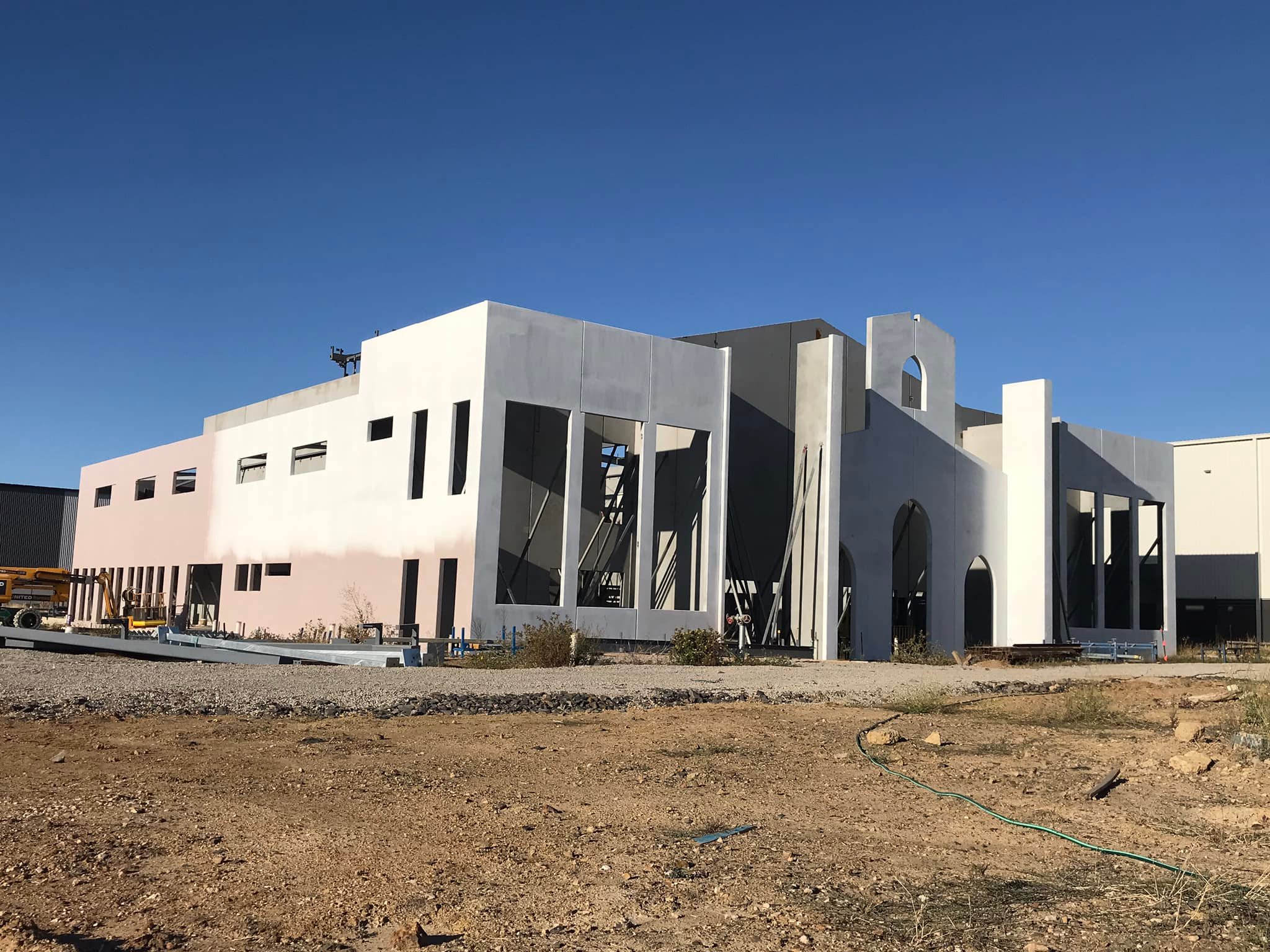
Extra Ordinary Ministers For Holy Communion
Historical background
The Church has always had great devotion to, and reverence for the Eucharist, (the Mass) and for much of Christian history, lay people handled the sacred vessels and touched the sacred species. In the early Church, communion was received in the hand, and it was normal practice for the faithful to take home the consecrated bread for distribution to the sick, both family and friends, and to reserve the sacrament in their homes for communion during the week (Eucharist was on Sundays only)
These practices were the norm until the eighth century. From the ninth century onwards, the handling of the sacred species by the lay faithful was strictly forbidden, even though exceptions were made, especially for the giving of Viaticum to the dying. At this time, the faithful were considered presumptuous if they received Communion more than a few times each year. Eventually, because of this reluctance, a church law was introduced, requiring Catholics to receive Communion at least once during the year.
In the fourteenth and fifteenth centuries, respect for the sacrament had become so great that the prohibition on touching the sacrament was absolute; no exceptions were made, even if a dying person had to be deprived of Viaticum.
Last century, Pius X’s promotion of frequent Communion and Pius XII’s abolishing of the long fast before Communion, encouraged more frequent reception. Many liturgical changes stemmed from Vatican Council II, including the recovered understanding of the Mass as a special meal. The Council opened up the possibility of receiving Communion in the fullness of the body and blood of Christ. It was in this context that the 1973 Roman proclamation Immensae Caritatis authorised lay ministers to distribute Holy Communion. This privilege resulted from a teasing out of the implications of the extraordinary dignity and vocation of the baptized.
Other reasons for the introduction of lay (extraordinary) Ministers of the Eucharist were pragmatic and liturgical. The growth in the Catholic population, the increased numbers receiving communion, and the declining numbers of priests mean that extra ministry (service) is needed both within Mass and to lead Liturgy of the Word (with Communion) services on Sunday in hospitals, aged-care facilities and homes. Ordained ministers (bishops, priests, deacons) are the ordinary ministers of the Eucharist, but suitable lay persons, formally educated and commissioned as Extraordinary Ministers of the Eucharist, assist the liturgy in several ways.
There are several liturgical advantages of having additional ministers as well as the priest:
- At a meal, people eat together. Having extra ministers makes it possible for most people to receive and consume the precious food and drink more nearly simultaneously.
- Most parishes have one priest only. Apart from the undesirability of unnecessarily prolonging the Mass, a slow process of receiving communion would be out of proportion with the other parts of the Mass. This would destroy the proper balance between the Liturgy of the Word, the Liturgy of the Eucharist and the Communion Rite.
- The extra time then available is increasingly being used for short periods of silence in the celebration, particularly after the readings and Holy Communion.
- Many sick and elderly people long to have Communion on Sundays, a very busy day for the clergy. Extra Ministers make it possible for the sick to be more closely (in time) and visibly “present” to the Sunday Mass.




